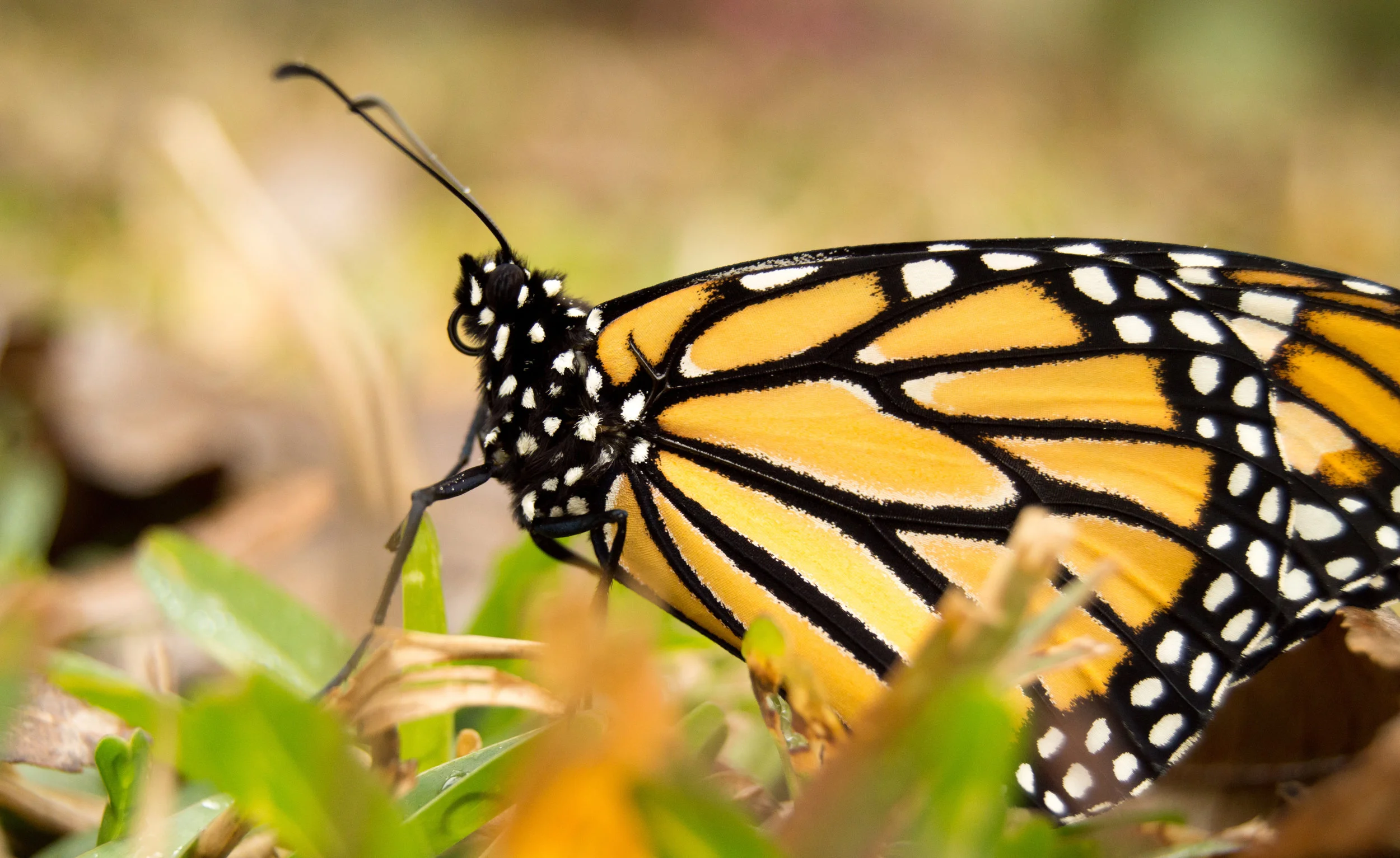Everyday Nature: Thirteen Ways of Looking at a Bold Jumping Spider by Alessandra Simmons
/I notice a large — too large — black something on my kitchen ceiling. I stand on a chair, with a glass bowl and seed catalogue grabbed quickly from the counter to escort this uninvited guest outdoors. The seed catalogue is thicker than I want it to be. I coax it under the glass bowl and in doing so jostle the spider. What are spider legs? Did I hurt yours? I carry you out to the picnic table in our front yard.
It is your jointed legs, all sharp angles, that make me feel uneasy. The number of them; how dexterous they are.
Spider, dear spider, you preen. You are a lesson in #selfcare. All the mom blogs and pandemic articles love to describe the absolute necessity of self-care, but who has time for that. On my picnic table, after I release you from the slightly damp bowl, you acrobatically and thoroughly dry yourself. Leg by leg. Again and again. Each leg tending to its neighbor. You smooth your large abdomen with your second to last legs.
Your abdomen, yes, it is called an abdomen, is large, unusually so, because you are pregnant. Godspeed, mama, may you find a good crevice or flat surface to nestle against and spin your webbing and lay your eggs. Just, please, not inside the house.
On my picnic table, you continue to preen unhurriedly, you have no where to go, and so I fetch my phone and take your picture to upload to an insect identification group on the world wide web. (A hunter, you use your ethereal thread to as a life-line when you leap, not to build a web to catch your food.) From nerdy strangers on a public forum, I learn your proper name: Phidippus audax. Audax as in audacious. Bold. daring. Common to Southern Canada, the U.S. and parts of Mexico and Cuba.
A jewel, a button. Alive. Breath travels through your lungs passively. You do your small part to filter the air and return it to the trees.
It is not your slight velvet that makes me think of luxury as I watch you. I am here, watching you, when I could be doing something useful. My son is occupied with crayons. I have work to do. I have weeds to pull. Dinner to cook. And yet, for more than ten minutes I do nothing but I watch you, my eight-legged neighbor — and this is a luxury.
After I empty you from the bowl, and you have preened yourself for some time, you turn around to look at me. Your captor, your mode of transportation: a giant, but with only four oddly placed appendages. You wonder, how does she get anything done?
As you rub your large eyes with your smallest forelegs, I wonder about your humanity. To have you humanity do you need to be human or to act like a human? Washing my face brings me a certain kind of relief, maybe even joy. What is it you are thinking right now?
You are an interruption. There were other things I wanted to write about — the bats I’ve seen flying in the daytime, the well-curated and labeled wildflower planting behind the Art and Nature Center — and yet I am here, writing about you.
I recently read Braiding Sweetgrass by Robin Wall Kimmerer, a poignant reflection on western science, indigenous wisdom, and the more-than-human world. I am struck by the author’s intimate observation of place. In one chapter, she spends more than a page describing how rain accumulates and falls differently from different types of trees. To understand this she had to sit and ask questions of trees during a rainstorm. While I desire this kind of intimacy with the earth, I find it hard to step away from my cell phone, my to-do list, my toddler who is about to fall into hydrangea bushes. You, dear spider, invite me into stillness with your busyness — your eight legs are still smoothing and grooming fastidiously
“Are you?” My son doesn’t yet know the word “where,” so when he looks for things he asks, “Are you mama?” “Are you spider?”
Shadow in full sun / in detail, you carry on / silk thread drifts, then gone.
Columnist Alessandra Simmons is a poet and gardener. She's inspired by the beauty of nature every day and loves to learn about its intricacies. If you have a photo or question to share about Washington Island's great outdoors, send it to editor@washingtonislandobserver.com.
“Everyday Nature” is sponsored by the Washington Island Art and Nature Center. The Art and Nature Center is dedicated to the promotion, preservation and understanding of the creative arts and natural history of Washington Island.

